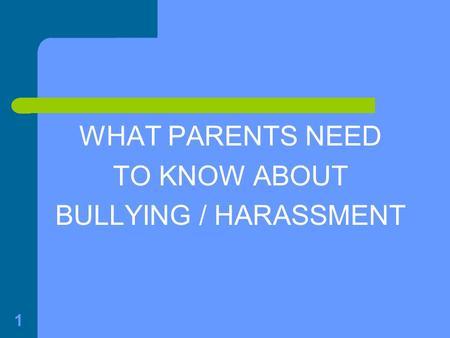
1.WHICH APPS/GAMES ARE YOU USING AT THE MOMENT?
This is will give you a good overview of the types of things your children are doing on their devices, along with their interests. Remember that they might not tell you everything they are using. So it is a good idea to ask them to show you their device. Because new apps and games are released regularly. It is important to have this conversation often to ensure you are up to date with what they are doing.
2. WHICH WEBSITES DO YOU ENJOY USING AND WHY?
As in the tip above, asking this question will allow you to find out what your child is doing online, and encourage positive conversations about their online activity. Ask the how they use the websites, and take an interest in how they can use them in a positive way, also asking them to show you if possible.
3. HOW DOES THIS GAME/APP WORK? CAN I PLAY?
Show a genuine interest in what they are doing. Whilst you are playing a game or using an app with them, it might highlight something that they don’t necessarily think is a danger to them. If they act like they don’t want to share their activities with you, question why.
4. DO YOU HAVE ANY ONLINE FRIENDS?
Children can form positive relationships with people online, and this has become more common thanks to online multi-player options. But they may not fully understand the difference between a friend and a stranger. You could make the question more specific to your child, for example: “Have you met anyone online that you like to play games with? They may not want to share this information with you, so ensure you teach them about healthy relationships.
5. DO YOU KNOW WHERE TO GO FIR HELP?
Although you may be the adult they trust the most, some children struggle to talk about what happens online due to confusion or embarrassment. Because of this they may struggle to approach the normal people who would help, such as yourself or a teacher. Have a chat to your child about exactly where they can go for help, and how they can report any activity that they believe is inappropriate online.
6. DO YOU KNOW WHAT YOUR PERSONAL INFORMATION IS?
Your child may already know what their personal information is but they might not think about how it can be shared. Have a conversation about what personal information is and how this can affect them if it is shared beyond the intended recipient. It is important that your child understands the dangers of sharing contact details or photos, as information such as this can spread quickly online.
7. DO YOU KNOW YOUR LIMITS?
Children may not understand the negative impacts of device or game addiction. Talk to them openly about healthy habits and ask whether or not them spending time online or playing a game is affecting their sleep, performance at school or if they are generally losing interest in other activities. You may lead on to encouraging alternative activities and discussing the introduction of time limits when at home.
Article By : Harshita C. Jadhav